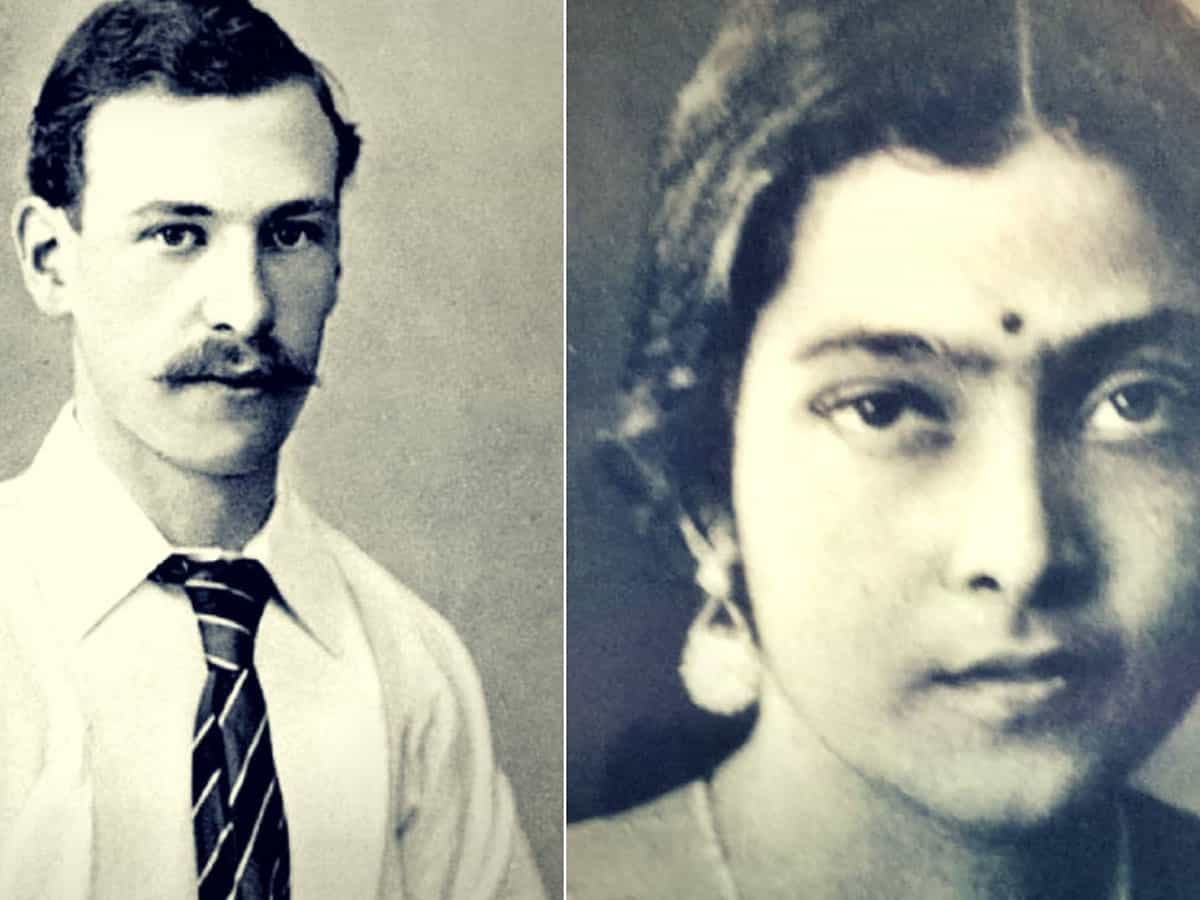
Strange are the ways of destiny. From different corners of the world it can draw two people together, sometimes with the bonds of love and sometimes with the shackles of hatred. One such incident from the annals of Indian history involves two people from very different backgrounds and different professions. The principal actors in this drama were Francis Stanley Jackson, captain of England’s cricket team and Bina Das, a student of Calcutta University and an ardent freedom fighter.
As a student, Stanley Jackson played for Cambridge University and then England. It was he who supported the case of India’s Ranjitsinhji when the latter was struggling to find a place in the university team. As the university captain, Jackson was responsible for Ranji’s inclusion in the Cambridge First XI.
Jackson went on to be named captain of England in five Test matches in 1905. Under his leadership England won two Tests and drew three to retain The Ashes that year. A journalist described him as a captain who was not a popular man, but always respected.
While still a player, he volunteered to join a militia Battalion and was given the rank of captain. Thereafter he took part in the second Boer War in South Africa and rose to the rank of Lt. Colonel. In later life he went into politics, was elected as MP and held several important posts.
Governor of Bengal
In 1927 he reached the shores of India after he was appointed as the Governor of Bengal and it was from this point that the plot developed. During his term as Governor, one day he had to preside over the convocation ceremony of the Calcutta University.
He had just begun his speech when a girl student of the university named Bina Das pulled out a pistol from her handbag and took aim at Jackson. Fearing that she would soon be pulled down by security men, she snapped off five shots in rapid succession before anyone could react. The entire hall reverberated to the sound of the firing and threw everybody into confusion.
But Jackson, even at the age of 62, seemed to have retained some of the quick reflexes and sharp wits that he had as a cricketer. He ducked and sidestepped the volley of shots and managed to avoid all the five bullets that were fired at him. Bina Das was quickly taken into custody and led away. It was a very narrow escape for the Bengal governor and ex-cricketer.
Das came from a respectable family
But who was this fearless woman named Bina Das? She belonged to a highly esteemed family. Her father Beni Madhab Das was a respected teacher and had taught Netaji Subhas Chandra Bose.
Bina Das became a passionate campaigner for India’s freedom and joined the Chhatri Sangha which was a revolutionary organisation for women freedom fighters in Calcutta (now Kolkata). When she heard that the Governor of Bengal was scheduled to address the convocation of the Calcutta University, she was determined to carry out the assassination and teach the British rulers a lesson even if she herself died in the attempt.
She procured a pistol from another woman revolutionary named Kamala Dasgupta and carried out her attack on 6th February of 1932. After her had been foiled and she was arrested, Bina wrote in her confession: “My object was to die, and if to die, to die nobly, fighting against this despotic system of Government, which has kept my country in perpetual subjection.”
Sad end of her life
Thereafter she was sentenced to nine years in jail for attempted murder. After her release she joined the Congress party and carried on with her objective of attaining freedom for India. After her husband Jagadish Chandra Bhaumik passed away, she led a lonely life near the Ganges river in Rishikesh. She dropped out of the public gaze and when she died, she was all alone without any family member to care for her.
Fate catches up with Jackson
But what happened to Stanley Jackson? He served his full term as Governor, returned to England, and died at the age of 77 in a traffic accident. It seems that fate always had a violent end in mind for Jackson. He may have escaped the bullets of Bina Das in Calcutta but was mowed down by a speeding vehicle in London. Thus ended an eventful life of a cricket captain, soldier and politician.



